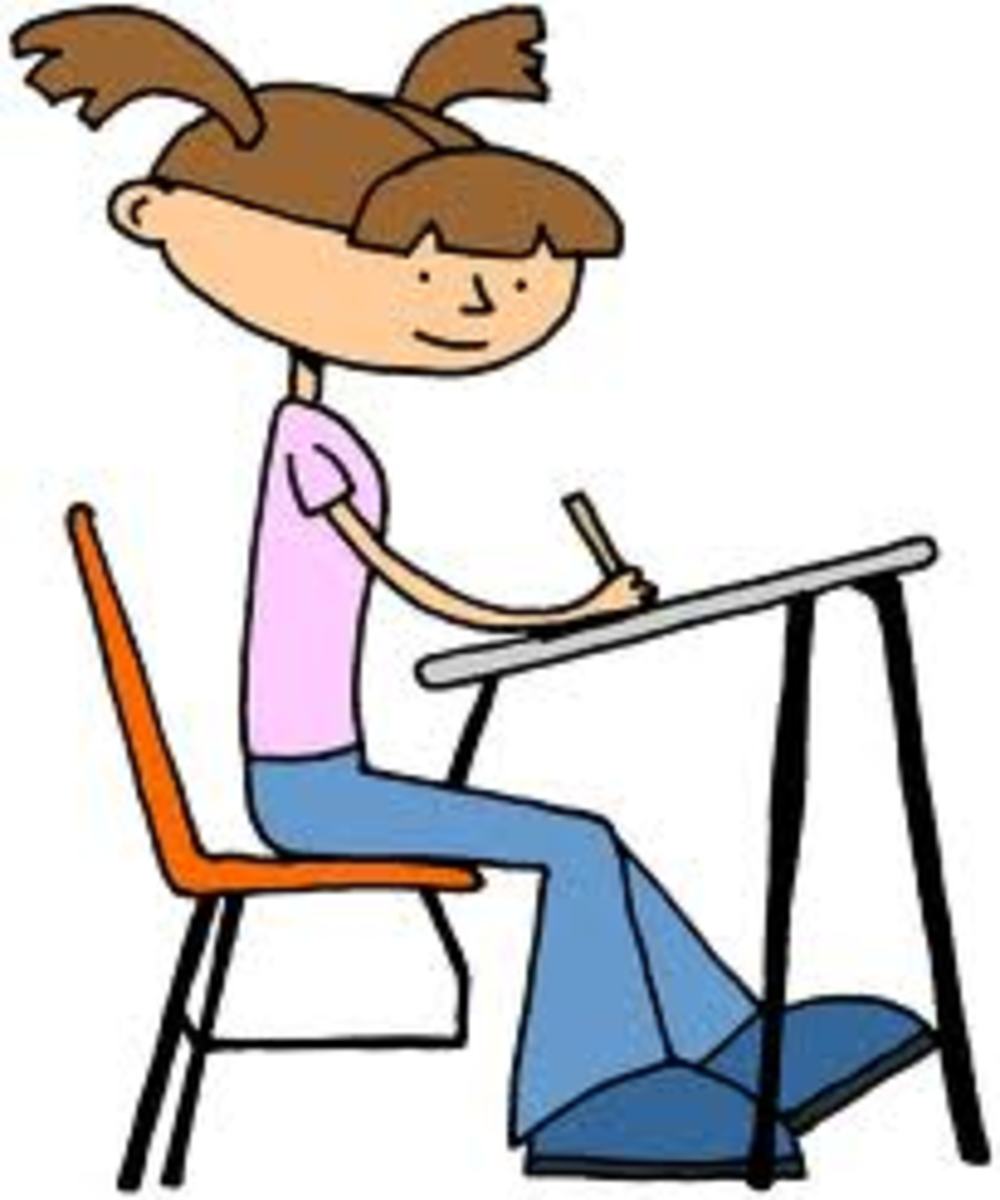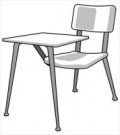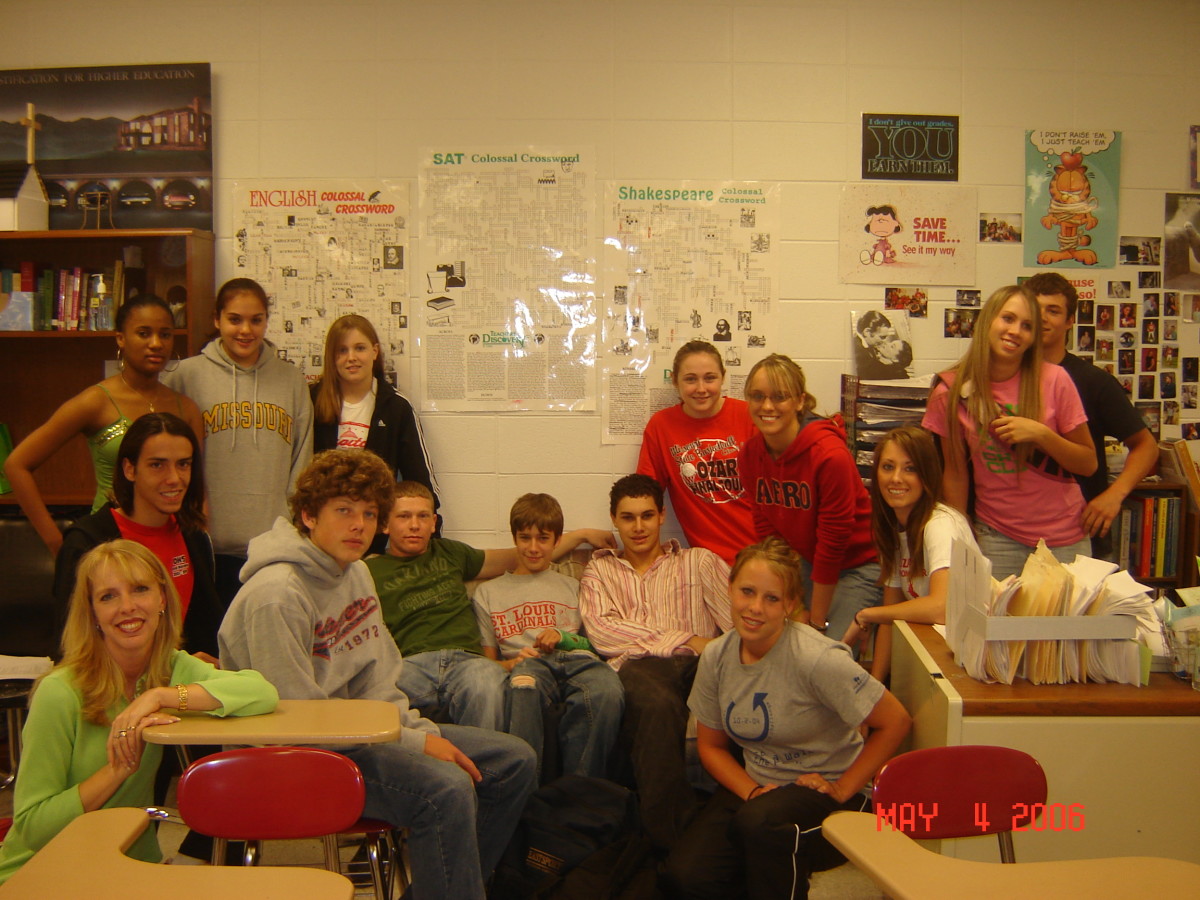How to Teach Library Skills
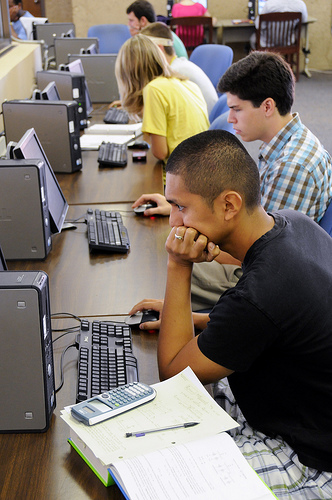
Which type of librarian are you?
Being a Librarian in the 21st Century
In a K-12 setting, librarians are responsible for teaching students how to access information and to skillfully question those seeking information during what librarians refer to as a reference interview. Similarly, public librarians are responsible for doing the same for patrons. In both environments, librarians need to determine whether the information can be found through a ready reference or needs further research, leading to instruction. A ready reference is a term used by information specialists that refers to easy-to-access reference tools.
Unlike public librarians, school librarians are also tasked with working collaboratively with teachers and administrators, to provide students with meaningful learning experiences and the know-how to independently acquire information. School librarians are also responsible for managing equipment which these days may include anything from televisions to I-pads, or even Smart Boards. In addition, librarians often train teachers and staff on the use of new equipment and software in the school setting.
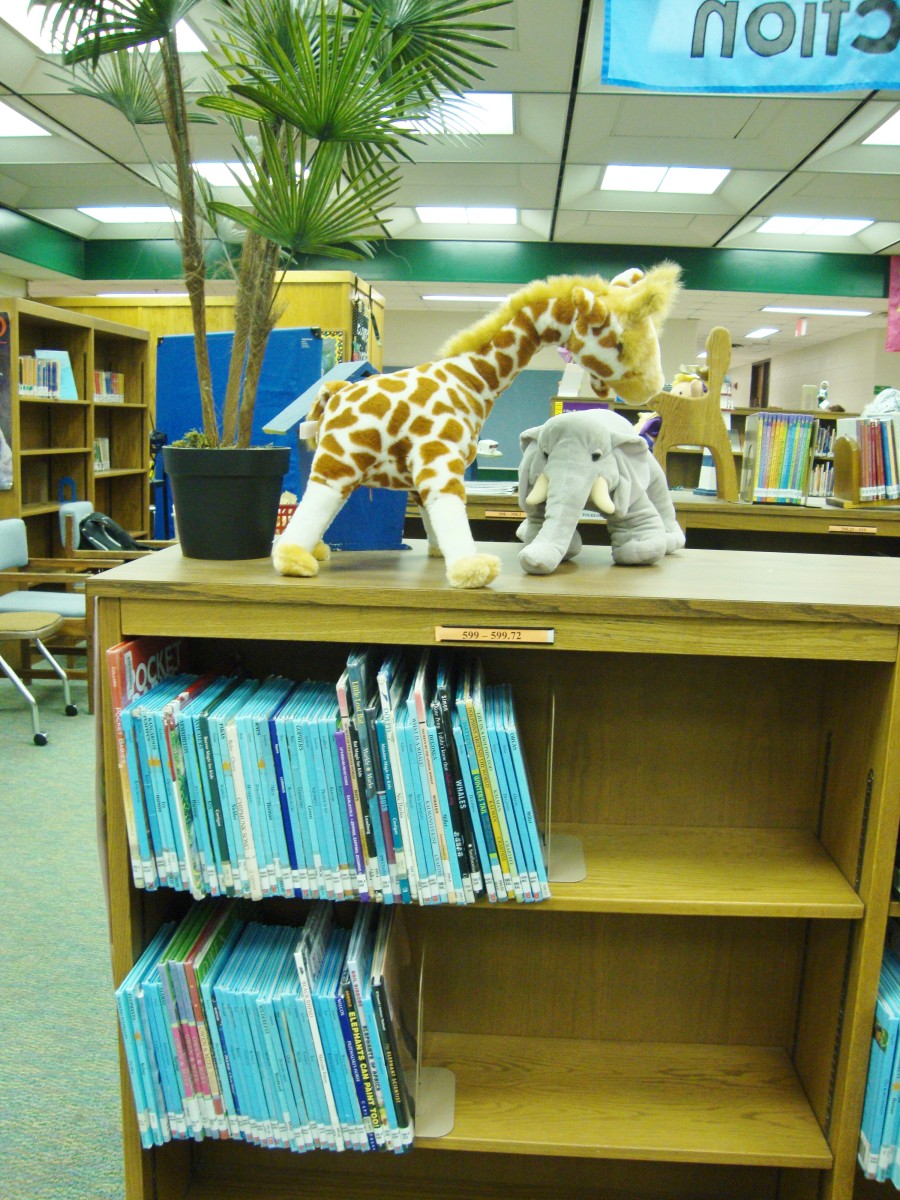
Intellectual Freedom
Intellectual freedom is an expectation of library patrons and of students as well. Librarians need to respect individual interests and be impartial when providing service, giving the same time and attention regardless of what information is being sought, or who is seeking it. It is the right of every human being to seek the information they choose without being judged or scrutinized and it is the job of the librarian to help with this endeavor. If there were suspicion of behavior that could harm the patron or others, this would need to be addressed with counselors and administration within a school setting.
American Library Association
Ethical and Behavioral Guidelines
Ethical guidelines come into play in many ways in the K-12 environment. It cannot be assumed during a reference interview, what students or patrons are looking for. An effective reference interview is essential to a successful outcome. I believe a librarian’s competence is a high priority. Competence is essential for successful reference interactions and it is an expectation that should be met. Privacy and confidentiality are important to practice with each encounter as well.
A librarian should assist the student or patron by also teaching them how to access the information being sought and by allowing them to be a part of the process. The librarian should also make the patron feel comfortable by treating them with respect and courtesy. In addition, patrons should feel they have been well-attended to, meaning patience in listening and determination in finding what they are seeking has been achieved.
Library Related Hubs
- The History of Children and Books
The history of children and books begins in the late 17th century with books teaching children about how to behave. Children's books have evolved over the years to a variety of genres. - Why Children Should Read
It is important for children to read for numerous reasons. In order for them to be successful in our world today, they must be able to read well.
The Many Roles of a School Librarian
Today's school librarians have many roles. The role of teacher is to be practiced continuously, during each reference interview and interaction opportunity with students, staff, and administration. The role of instructional partner is to be nurtured and evolving throughout the school year, with ample opportunities for teachers and librarian to work collaboratively. Using pathfinders as a tool for research, teaching information literacy ongoing, and providing opportunities to practice search skills and citation should be given. As an information specialist, acquiring new and current knowledge is a must, and being competent with reference tools is essential. Instructional leadership is a role that must be acquired through the transfer of knowledge, one-on-one, in staff training, and during collaboration.
The role of program administrator is one that requires effective management of materials, equipment, funds, volunteers and assistants. In addition, communicating with parents, teachers, and administrators, through emails, print, and via website are critical as well.
Library Articles
- Creating a Library Newsletter
Creating a library newsletter is easy to do with Microsoft Publisher. In this hub, you will find simple instructions and suggestions for information to include. - How to Improve your School’s Library Media Center
A library media center should be a place full of energy and excitement. It should offer a large amount of current and relevant resources, expert guidance, and a welcoming and comfortable environment. - Lessons for Elementary Library Media Specialist
Today students are expected to be technology proficient. Librarians have a challenging task, teaching within the framework of their state's standards, and teaching students to be competent in accessing information effectively. This article gives some




